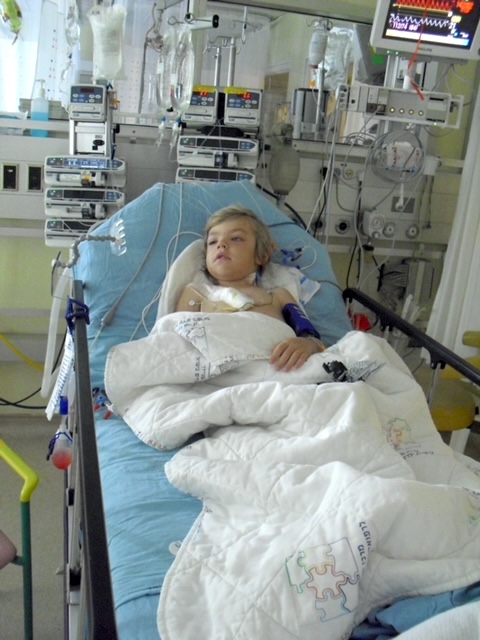Kirill Timoshin, 19, of Reno is in end stage kidney failure and needs a second transplant. His mother, Masha Zelenin, a former Carson Tahoe Regional Medical Center says help from a living donor would provide the best chance of survival for her son.
 Courtesy
Courtesy
Comments
Use the comment form below to begin a discussion about this content.
Sign in to comment